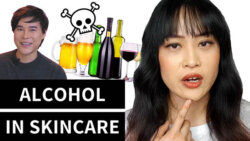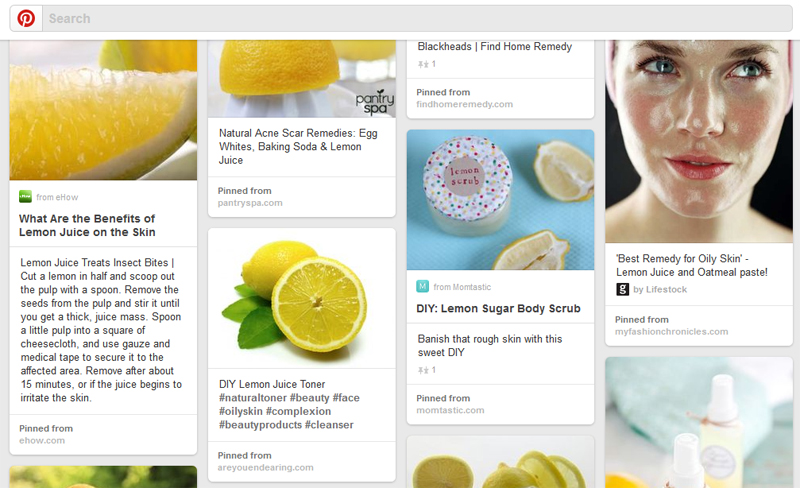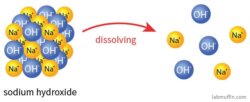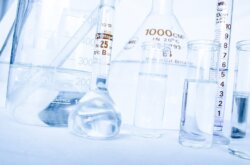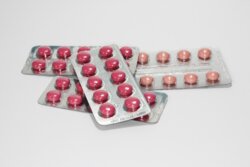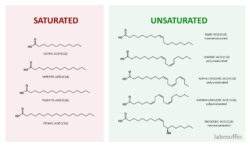How Bad Is Alcohol in Skincare, Really? The Science (video with KindofStephen)
Alcohol (ethanol, ethyl alcohol, SD alcohol or alcohol denat) is one of the most controversial ingredients in skincare. You might’ve heard that it speeds up aging, kills skin cells, and creates inflammation. But what do the studies actually tell us? Stephen (@kindofstephen) and I have been working on this topic for a long time, and we hadn’t decided on the …
